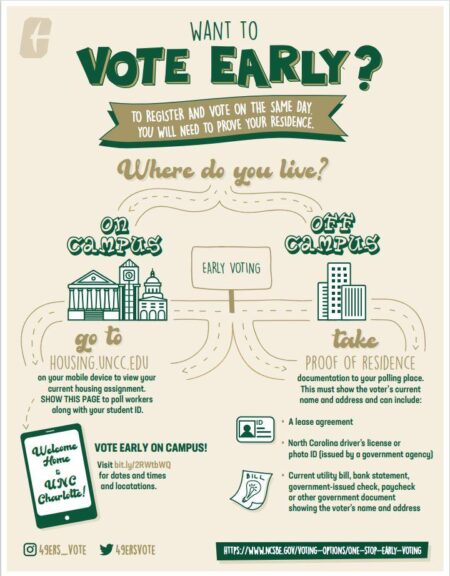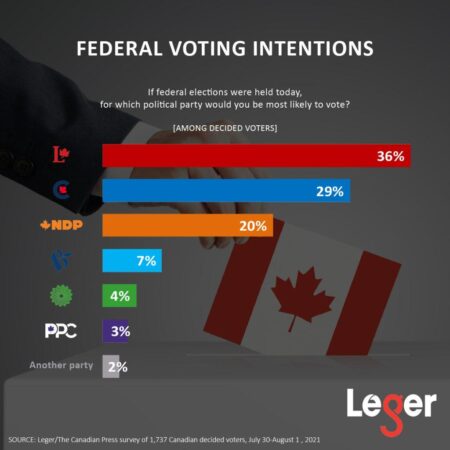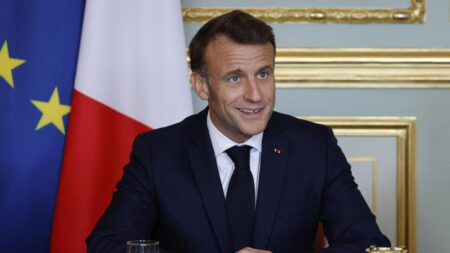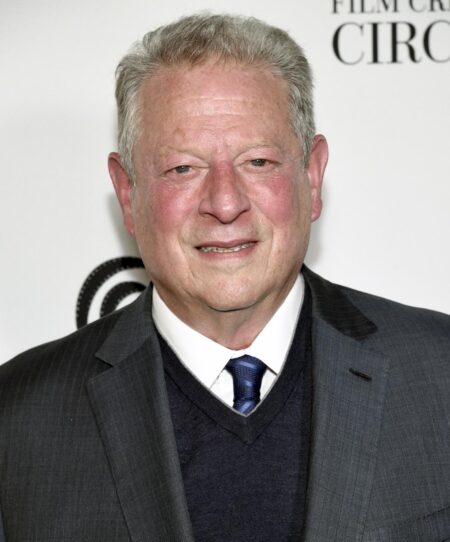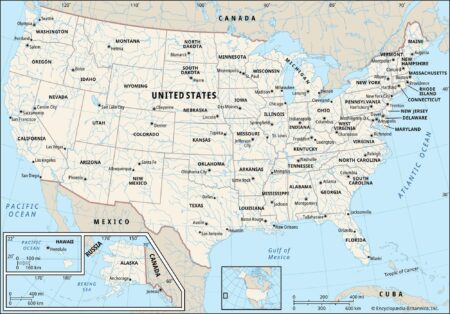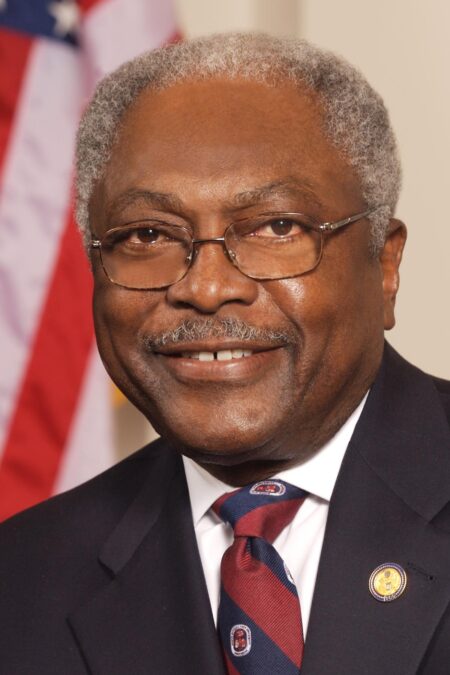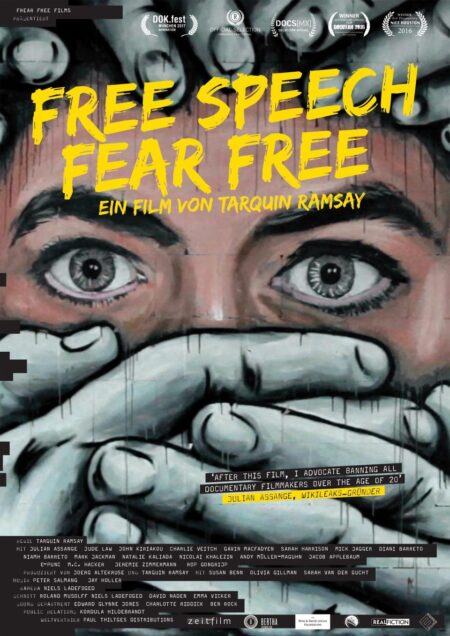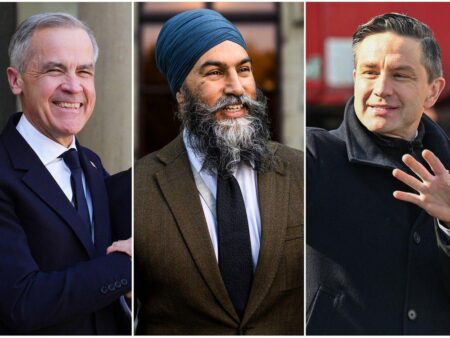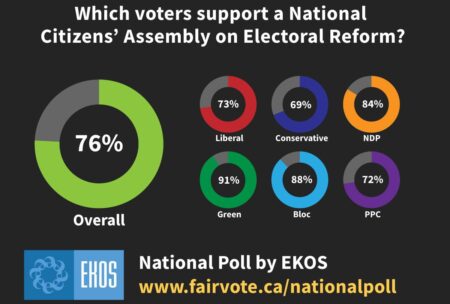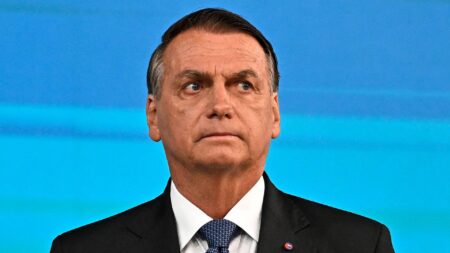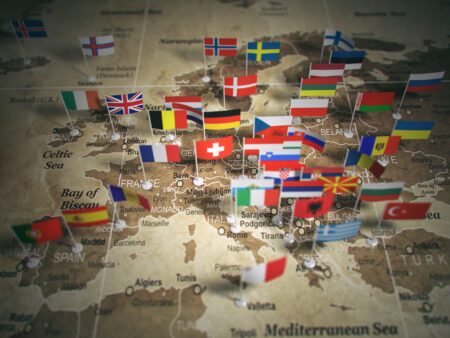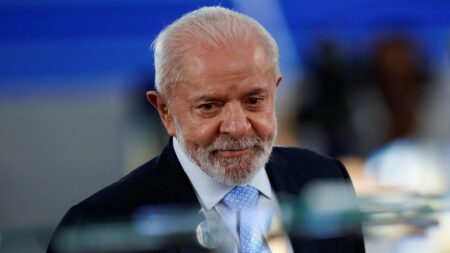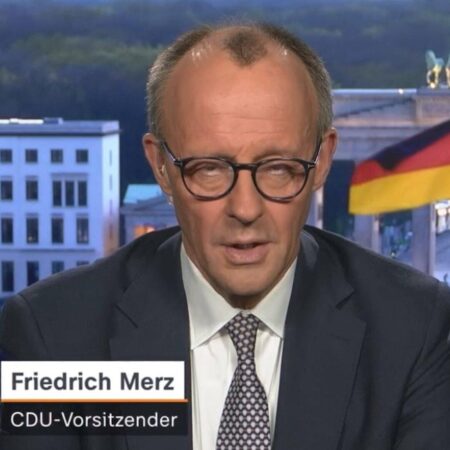As Australia gears up for an exciting election season, early voting has taken center stage as a vital part of our democratic journey. The Australia Institute sheds light on emerging trends and voter turnout, underscoring the crucial need to make participation easier and more accessible for everyone in 2023.
Browsing: democracy
In an exciting turn of events, early voter turnout in Canada has skyrocketed to a remarkable 7.3 million ballots cast, smashing all previous records! This impressive surge showcases a newfound enthusiasm among Canadians as they gear up for the polls, highlighting a vibrant and dynamic electoral landscape where every voice matters.
In a powerful address delivered in San Francisco, former Vice President Al Gore boldly compared the actions of the Trump administration to those of Nazi Germany. He passionately underscored the critical need to protect our democratic values and issued a stark warning about the looming threats posed by authoritarianism
French President Emmanuel Macron has sparked speculation about the potential for new elections as soon as fall 2024, amid rising political tensions and increasing discontent with his administration. This revelation arrives at a time when France is facing significant economic hurdles and waves of social unrest.
In a powerful recent statement, former Vice President Al Gore boldly compared the rhetoric of Trump 2.0 to the chilling propaganda of Nazi Germany. He raised an urgent alarm about the perilous trend of fabricating alternate realities, emphasizing its dire consequences for democracy and public discourse
As the Canadian election draws near, a lively debate is igniting over the tools we use to cast our votes. On one side, advocates champion the trusty pen, praising its clarity and lasting impact. Meanwhile, pencil supporters tout the benefits of erasability and effortless corrections. This spirited discussion not only highlights personal preferences but also taps into larger issues surrounding voter accessibility and the integrity of our elections.
In “How America Can Avoid Becoming Russia,” The Atlantic delves into the vital lessons we can learn from Russia’s political journey. This thought-provoking piece emphasizes the urgent need to protect our democratic institutions, ignite civic engagement, and uphold a vigilant press as essential safeguards against the rise of authoritarianism in the United States
In a compelling interview with MSNBC, Rep. Jim Clyburn voiced his deep concerns about the alarming rise of authoritarianism in the U.S., likening it to the troubling times of 1930s Germany. He passionately underscored the critical need for vigilance and open dialogue as essential tools in safeguarding our democracy during these increasingly divided times
In Germany, the delicate dance between preserving vibrant public discourse and shielding society from hate speech is coming under intense examination. Critics are voicing their concerns that recent legislation could dampen free expression, sparking fears about a possible decline in the nation’s cherished democratic values.
As Canada prepares for the pivotal 2025 federal election, pressing issues like healthcare, climate policy, and economic recovery are taking center stage. The pulse of voter sentiment and the strategies of political parties will play a crucial role in shaping a dynamic political landscape as we approach election day.
Germany faces a crisis as infrastructure deteriorates and political divisions deepen. The newly formed government aims to address these challenges through ambitious reforms and investment in sustainable projects, seeking to restore stability and unity across the nation.
As Canadians prepare to cast their votes, recent surveys unveil a dynamic shift in public sentiment regarding crucial issues. There’s an increasing focus on climate change and healthcare, signaling what could be a pivotal moment for voters. Analysts warn that these changing priorities may significantly alter the political landscape as we approach election day.
In a contentious political landscape, North Carolina Republicans may be poised to manipulate election outcomes through strategic legislation. Critics argue that these tactics undermine democracy, raising concerns about the integrity of future elections in the state.
Brazil’s former president Jair Bolsonaro is facing potential prison time as legal challenges mount against him. Allegations of corruption and abuse of power have intensified since he left office, drawing scrutiny from both legal experts and the public.
Italy’s Giorgia Meloni exemplifies the challenges of moderating Europe’s far-right movements. Despite attempts to present a more palatable image, her government’s actions reveal the enduring appeal of nationalist rhetoric, threatening EU cohesion.
Once heralded as the world’s most popular politician, Brazilian President Luiz Inácio Lula da Silva is now grappling with a significant drop in approval ratings. Critics point to economic struggles and rising inflation as key factors in this decline.
Germany’s Friedrich Merz is poised for election as chancellor on May 6, according to sources. His leadership marks a significant shift in the political landscape, as he aims to unify the party and address pressing national issues amid ongoing challenges.
As Australia gears up for its elections, voters will encounter an old-school voting process featuring blindfolds and wooden balls. This analog approach sparks intrigue, reigniting discussions about tradition versus modernity in electoral practices.
In a significant political shift, a coalition deal in Germany has paved the way for Friedrich Merz, leader of the Christian Democratic Union, to ascend as Chancellor. The agreement marks a crucial moment for the CDU, reshaping Germany’s political landscape.
The Alternative for Germany (AfD) has surged to prominence, becoming the country’s most popular party amid rising concerns over immigration and economic instability. Analysts attribute this momentum to a growing discontent with traditional political parties and their handling of pressing issues.

